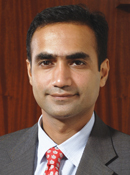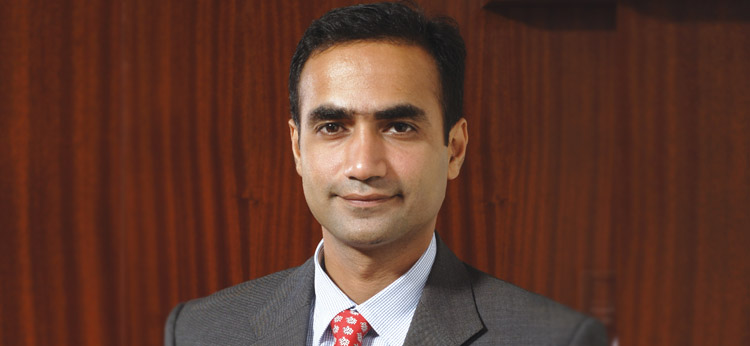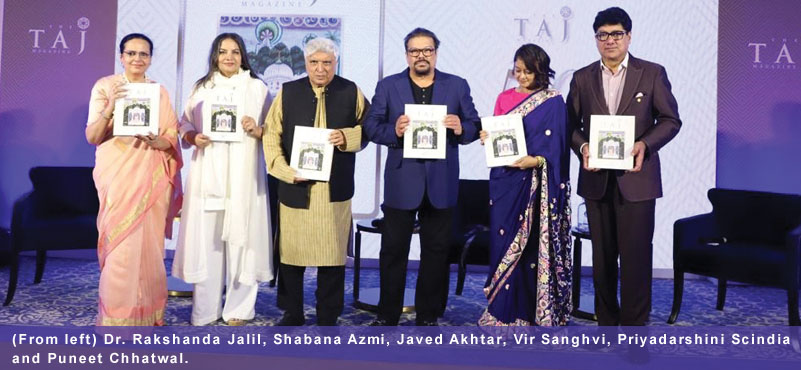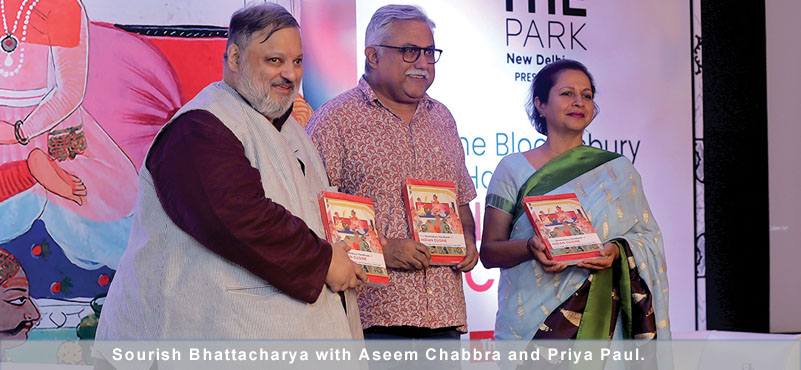Akhil Behl – CEO, Ayana Hospitality believes that Indian hospitality sector has started taking small steps to inculcate responsible and sustainable tourism over the past decade. However, the success of this enterprise will depend on how various tourism bodies define their policies and implement them on the ground.

CEO, AYANA HOSPITALITY
He blames the lack of a holistic approach and a definite sense of direction for the failure of Indian hospitality in imbibing sustainable practices into their operations. “The Indian hospitality sector has taken baby steps towards sustainable and responsible tourism over the last decade, however there is much more ground to cover before I can say with some conviction that there has been a meaningful foray,” he said. Noting that, from a hotelier’s stand point, there always was an economic impact to being sustainable and responsible, and finding the right balance had long remained a challenge, he told us, “I believe there is strong awareness today, and that will eventually lead to profound changes in the right direction, however, it is critical that various tourism authorities and boards define policies for the development and operation of hospitality projects, and make sure that they are implemented.” He further added that if it did not materialize, we would continue to witness small pockets of changes as opposed to concerted approach with a clear direction – defining a pathway for all stakeholders.
Giving an insight into how India’s overall product was evolving in the realm of experiential tourism, he said that the leisure hospitality sector, today, was all about creating experiences and the same was true for India. “Experiences are what guests are demanding, and gone are the days when people would sit back and relax by the pool all day. India has always been an experiential destination right from the palaces of Rajasthan to the backwaters of Kerala. The more experiences one can create in and around a hotel – the better they will be positioned for success,” he elaborated. Calling the understanding of location the most important factor in creating experiences, he shared that what it offered and how it was to be translated into an experience was crucial. And, he believed that local community remained a key asset in curating those experiences, of course, after the expertise of the hospitality company. “Local communities have, and continue to be essential to the long-term sustainability of tourism ventures, especially in remote and eco-sensitive areas. “They play a very important role as they have occupied these lands for centuries and have an ocean of knowledge regarding the local flora and fauna. Most remote based properties in India will have around fifty percent of their staff from the local community, in addition to maintaining a very close relationship with key leaders to address any local issues that might surface,” he elaborated. He added that properties that had not done this had faced a lot of backlash from local communities, and in some cases it, also, had resulted in disruption of operations.
Sharing that countries like South Africa had taken steps to ensure that local communities were integrated in the overall economic model of tourism products and had significant financial interest in them, he told us that, “This model entrenches local communities far more and brings more sustainability to the hospitality ventures. India will need to start evaluating this approach.”
Being a hotelier, besides donning other caps, he also had a take on the evolvement of the culinary segment. He believed that the trend in the Indian culinary segment was towards authentic, organic and local cuisines. “I believe that we are in the midst of a culinary revolution. Gone are the days of fusion cuisines. As a hotelier, this trend is more responsible and sustainable and also results in lower cost of production as ingredients are all locally sourced,” he shared. He concluded by saying that guests now had the ability to truly get an authentic experience, including the most important part of a leisure traveller’s day – his meal.




































